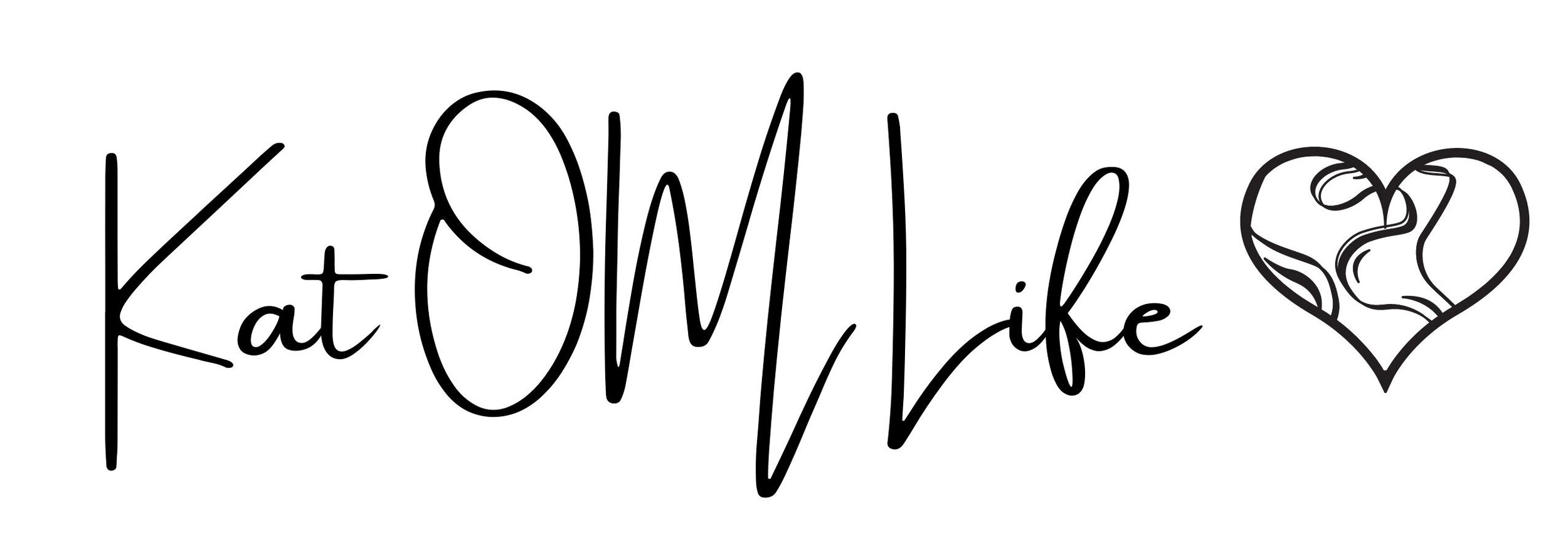Silence is not The Best Response. It’s also a Form of Abuse
Image of a woman’s back sitting in a field at sunset. Photo credit: Hasloo Studios via Canva
In my last blog, I talked about popular media posts that say, “Stop saying sorry.” Today, let’s talk about another popular quote that keeps coming up on social media. And sometimes, it’s shared by social media platforms that promote spirituality and enlightenment.
The popular post reads, “Sometimes silence is the best response and a powerful one.” And again, just like the other posts on “Stop Saying You’re Sorry.” A lot of people “Like” it because it feels empowering. But the only thing it’s empowering is ego.
Sure, if you’re in a heated discussion with someone, and it’s going nowhere. It is a good idea to end the conversation. The best approach, however, is not silence, but to say, “Maybe we should take a break and talk about this later” or “Maybe we need to stay off this topic.”
Silence is only acceptable if the person is being abusive towards you. Then you have every right to distance yourself from the situation to protect your well-being.
Silence is harmful when it is used as a form of punishment to a person. It may make you feel superior like you have the upper hand, but it’s not a very conscious or enlightened response. Anytime ego feels it has the upper hand, you know it’s not a very enlightened response. Especially if it’s towards someone you supposedly love.
Giving someone the silent treatment is an abusive act that causes emotional distress to the person you are ignoring. Especially if that person is your partner or a child who wants to be heard. It can feel very isolating. People often feel unloved and misunderstood. Feeling unloved, unheard, and misunderstood are some of the biggest reasons why many people seek therapy.
If you are familiar with the famous Dr. Emoto rice experiment (if not you can watch it here) where he took three jars of rice to test the power and energy of words. The first jar of rice he “thanked,” the second jar he called an “idiot,” and the third jar of rice he ignored. The jar of rice he thanked fermented. The second jar of rice he called an “idiot” turned black. But surprisingly, the jar of rice he ignored did just as badly as the one he an “idiot,” it rotted.
Instead of giving the silent treatment the more “enlightened,” emotionally mature, and healthy thing to do is to learn how to communicate what you are feeling with your loved ones. And if necessary, learn to how to set loving boundaries if and when needed. There are times when you may think you are setting boundaries but really what you are doing is shutting someone out. Thus contributing to the deterioration of the conversation or relationship. If you are having trouble in this area and you want to create healthier relationships, there are plenty of resources from online articles to books that can help you learn how to communicate effectively and learn how to set loving boundaries. When you can create happier and healthier relationships, that is much more empowering for everyone involved than the silent treatment.
. . .
Kat OM is the author of Resilient Love: Turn Your Wounds into Your Wings, blogger, and Spiritual Mindset Resilience Coach. Kat helps her readers and clients find healing through self-love, spirituality, and mindfulness tools to add more peace, joy, and resilience in their lives. You can find Kat OM at:
KatOMLife.com | IG: kat.om.life_resilient.love | FB: katOM30

